
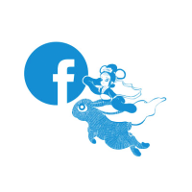
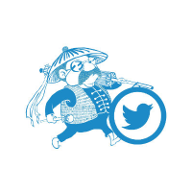

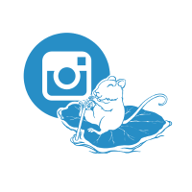
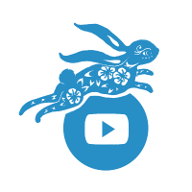


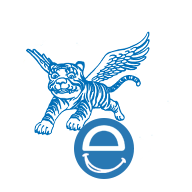
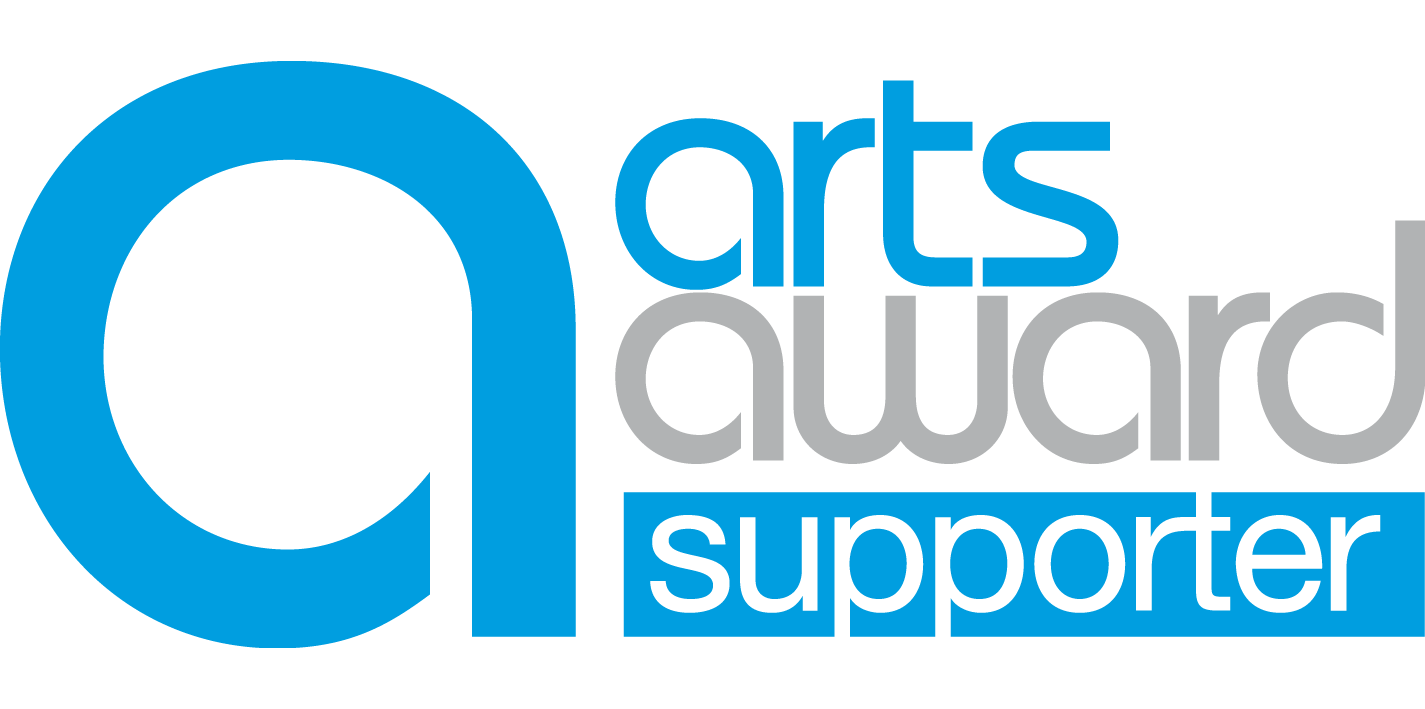
14 August 2018 by Christina Barker
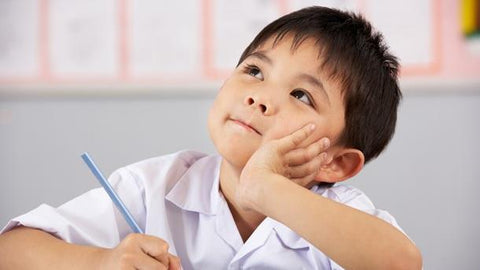
After being inspired by an article I read recently in the Metro online which tells of how culture influences children’s development, I decided it might be a good idea to delve a little deeper into this topic and discuss it with our team where we could each share a bit about our own culture in our younger lives and look at the differences.
We told the story of the Dragon Boat Festival at one of our events recently. Some parents said they didn’t feel comfortable to hear that the first son of the family was the most important one and the lady in the story would have to give up her own son and to protect her brother-in-law's son if they were in danger. In the Chinese language, they have words for the first son and first grandson. And at school, they call teachers 'teacher' or 'sir' and call senior students Xue Jie or Xue Zhang which can't be found in the English language as Chinese people really care about ranks at a family, at school, and in a company. Therefore when our founders, Suyen Hu and Lihui Wang first arrived in this country and heard students calling their teacher's names in the classroom they found this very strange because it's very rude not to call a teacher Lao Shi (old master). They would never be allowed to call a teacher's name even outside of the classroom. Since they've been doing workshops at schools and at bookshops, Taiwanese people always call them Lao Shi (old master) to show their respect and maybe that's the reason Taiwanese people always show great respect to their Lao Shi. When they call someone Lao Shi they feel they have to obey their instructions.
Lorna (new to the team! More on this later) and Suyen also spoke about how difficult it is to have two different languages in one book because we have many struggles about cultural concerns like the first son of the family. Because the Chinese stories are now in English and are designed for British children, so it's hard for Snowflake Books to adapt the story for our readers but still keep the facts and history at the same time. It's also hard to find the right English words for some very Chinese cultural things to make British readers understand the story in depth. I personally think they have done a great job in helping us understand better.
At my old college, they just called their tutors by their first name as this made us feel like we were more grown up and this helped us respect them more so it's odd that it's the complete opposite in Chinese culture. At school, it has always been Miss/Mrs/Mr Surname but if you wanted to speak you had to put your hand up and say, Miss/Sir. We still had the same respect for our teachers and calling them Miss/Sir is our way of respect but I do see both ways of thinking.
As for the Dragon story, it would be seen as very uncomfortable to our English culture because we treat all our children the same and could never leave one without the other so I agree with that.
I find it very interesting to learn about the different cultures and what we believe in. Sometimes it can be difficult to get a message across as some words/questions/phrases could be seen as rude to the other person. For example, English people often ask Chinese people if they are Chinese or from China. To us, we are simply being inquisitive and are keen to learn more about their culture and where they are from but to them it is seen as extremely rude and they often don’t like to be asked so do bear this mind if you find yourself in a situation where you may wish to ask this question.
As parents, it is important to be teaching our children about different cultures early so that we are not so shocked in our adult life. They need to expand their knowledge and find out that there are in fact other ways that people live and their ways of doing and saying things may be completely different to what we are used to. By purchasing one or more of our books this would be a great way of introducing children to that education in Chinese culture. They also help adults who are keen on learning more about the legends and tales that the Chinese have.
To browse and purchase our books go to our shop.